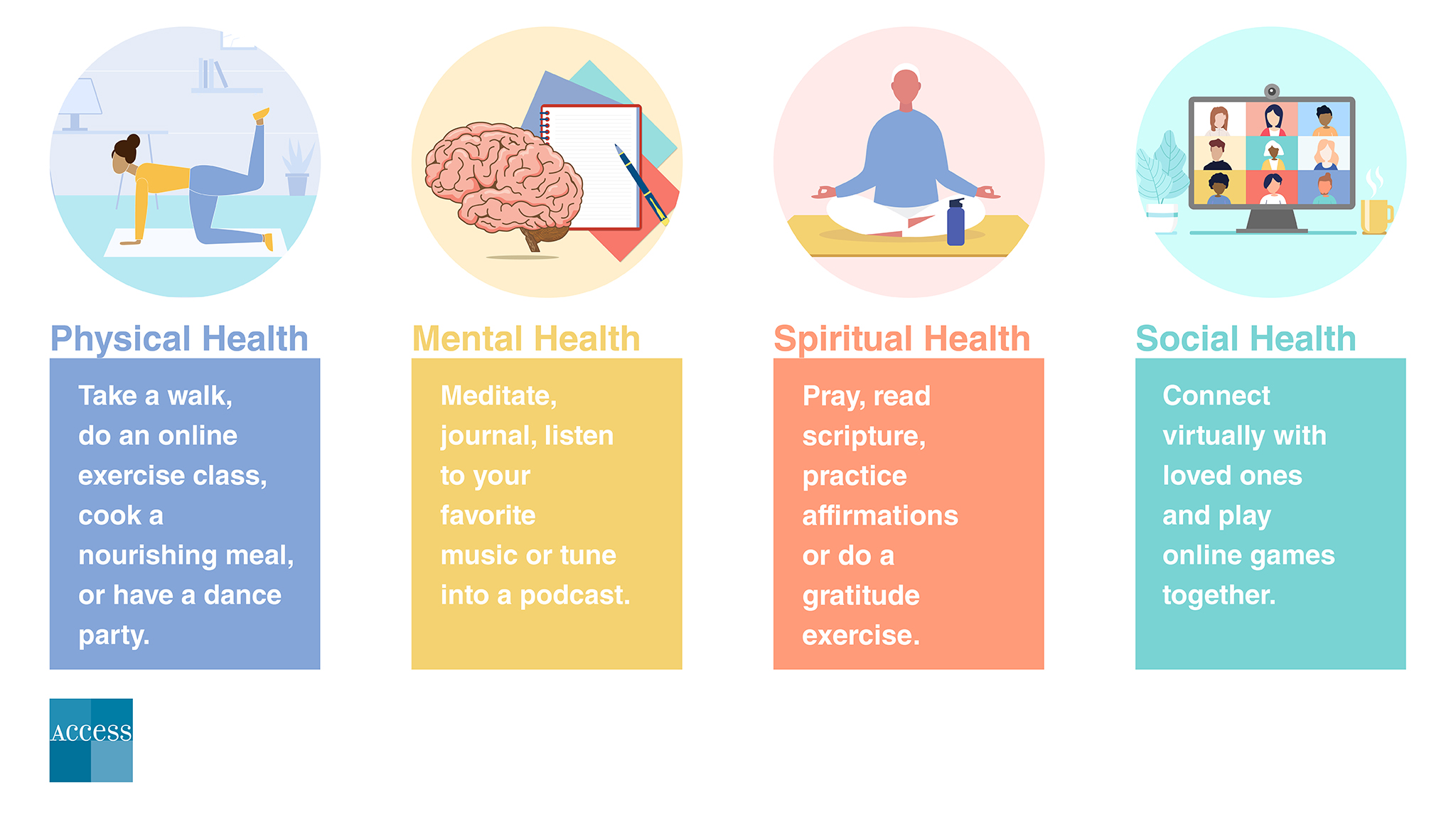
As we navigate the intricate landscapes of our minds, it is imperative to cultivate a deep understanding and appreciation for mental health. Our inner worlds hold a myriad of emotions, thoughts, and experiences that shape our perception of reality and influence our overall well-being. Embracing the depths of our mental health journey allows us to unravel the complexities within ourselves, fostering a sense of self-awareness and compassion that is essential for forging a path towards holistic wellness. Let us embark on this transformative journey together, shedding light on the importance of cultivating a positive and nurturing relationship with our mental health.
Understanding Mental Health
Mental health is a crucial aspect of our overall well-being. It encompasses our emotional, psychological, and social well-being. Just as we prioritize our physical health, it’s essential to pay attention to our mental health for a balanced and fulfilling life.
Taking care of our mental health involves acknowledging and addressing our emotions, thoughts, and behaviors. It’s about recognizing when we’re feeling overwhelmed, anxious, or down, and taking steps to manage these feelings in healthy ways. Through self-awareness and self-care practices, we can nurture our mental health and build resilience against life’s challenges.
Seeking support and guidance is not a sign of weakness but a strength. Therapy, counseling, and talking to trusted individuals can offer valuable insights and tools for managing mental health struggles. Remember, mental health is a journey, and each step taken towards understanding and caring for our minds is a step towards overall wellness.
Exploring Coping Mechanisms
In times of stress and uncertainty, developing effective coping mechanisms is essential for maintaining mental health. It’s important to recognize that coping strategies vary from person to person, and what works for one individual may not work for another. Some people find solace in physical activity, such as yoga or running, while others may prefer creative outlets like painting or writing. Experimenting with different coping techniques can help identify what resonates best with your unique needs.
One common coping mechanism is mindfulness meditation, which involves being fully present in the moment without judgment. This practice can help reduce anxiety and promote emotional stability. Another helpful strategy is engaging in social support networks, whether through close friends, family members, or support groups. Talking openly about your feelings and experiences can provide a sense of connection and relief.
In addition to individual coping mechanisms, professional help is also available for those who need extra support. Therapy, counseling, and psychiatric services offer valuable resources for managing mental health challenges. Seeking professional guidance is a proactive step towards addressing underlying issues and developing long-term coping strategies. Remember, it’s okay to ask for help when needed, and prioritizing your mental well-being is a sign of strength.
Seeking Professional Help
If you’re struggling with your mental health, reaching out to a professional can be a crucial step towards healing. Therapy provides a safe space to explore your thoughts, emotions, and experiences in a non-judgmental setting. A therapist can offer guidance, support, and techniques to help you navigate through challenges.
Seeking professional help doesn’t mean you’re weak or incapable. It is a sign of strength and courage to acknowledge when you need assistance. Therapists are trained to help individuals work through their mental health concerns in a professional and confidential manner, empowering you to build resilience and develop coping strategies.
Mental Health Continuing Edcuation
Remember, taking care of your mental health is just as important as caring for your physical well-being. Seeking support from a mental health professional can make a significant difference in how you approach and manage your mental wellness journey.
















